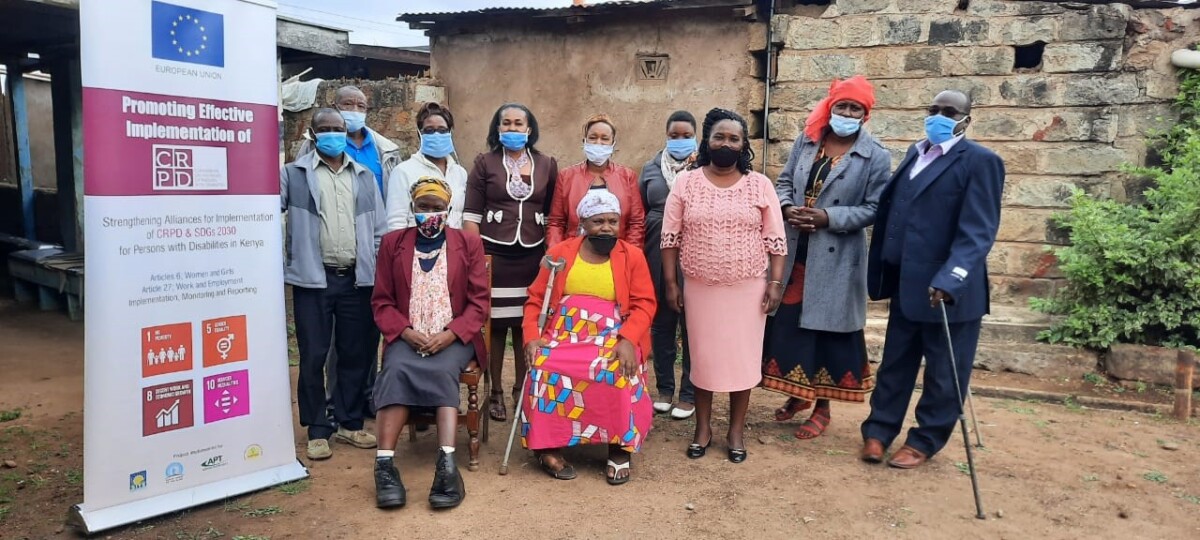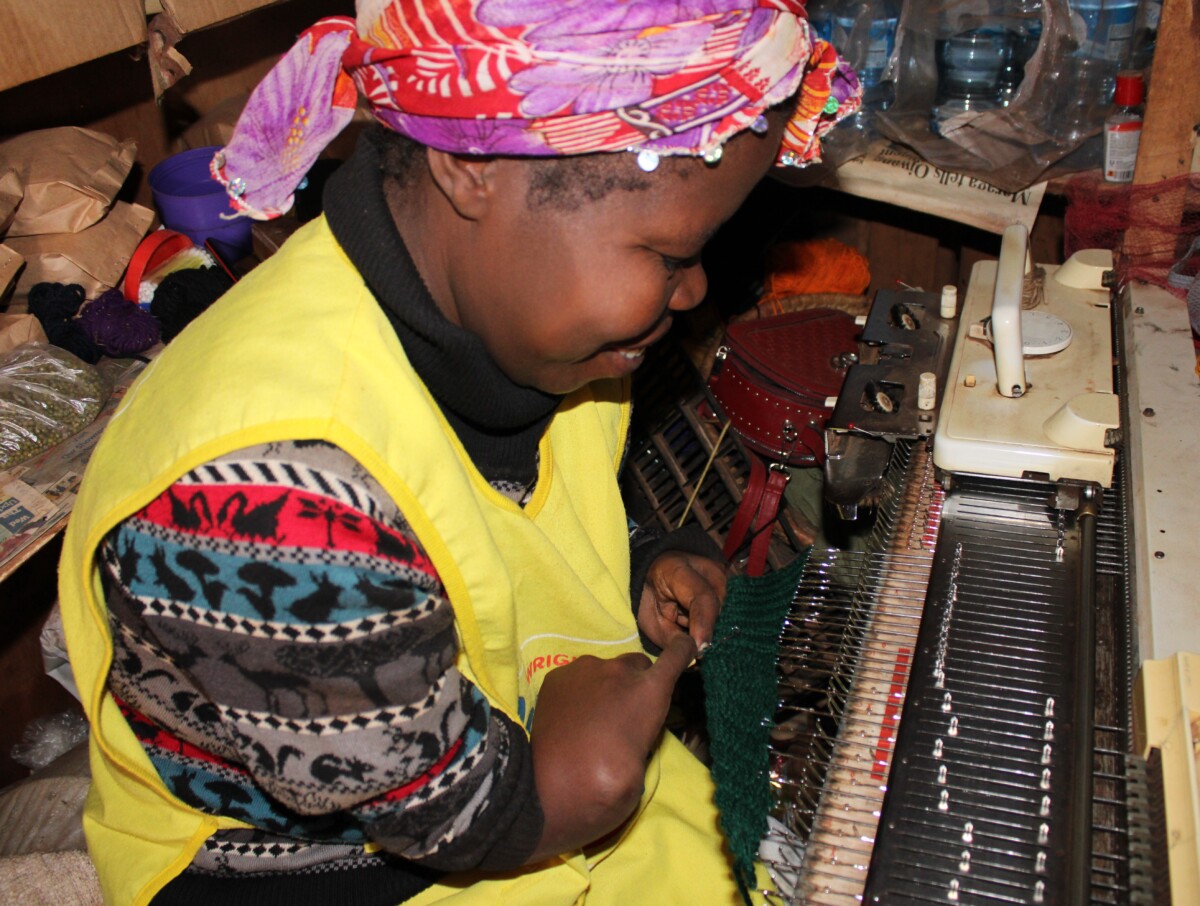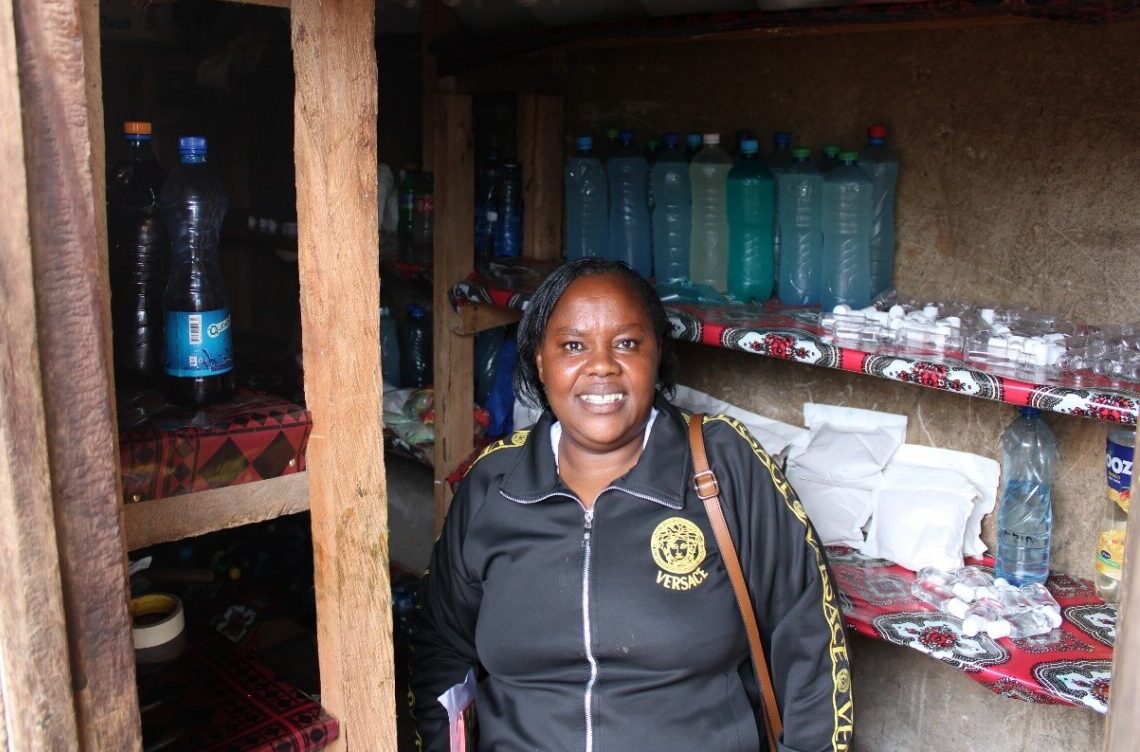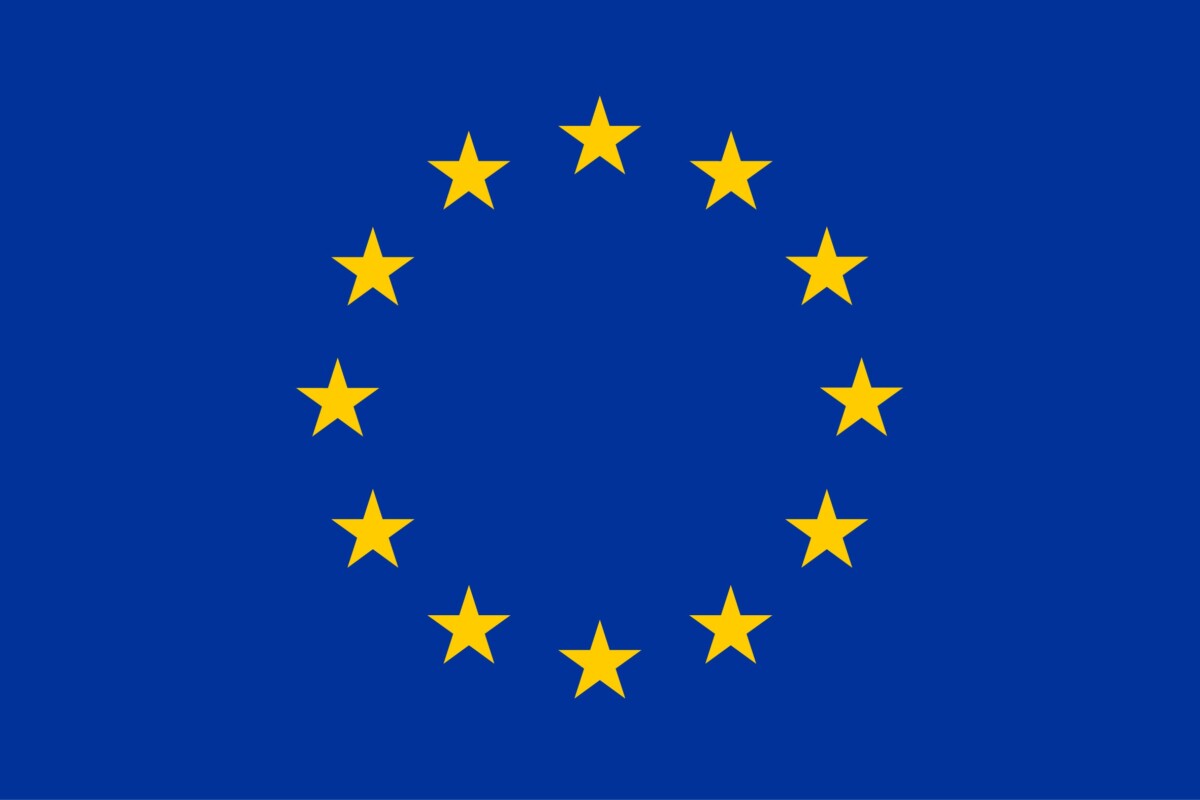
Project information
Start date: January 2019
End date: December 2021
Locations: Machakos and Meru counties (Kenya), Gulu district (Uganda)
The Challenge
Women with disabilities are discriminated against at every level, which means that they are more likely to experience poverty. They have fewer opportunities and limited access to education, employment and legal protection. Although both Kenya and Uganda have ratified the Convention on the Rights of People with Disabilities (CRPD), the majority of people living with disabilities are unaware of their rights and the opportunities available to support them, including loan schemes, training and employment. Women with disabilities face more stigma and discrimination than men due to entrenched cultural practices and attitudes.

Our project
With local partner SITE, we worked with 72,000 women with disabilities across Kenya and Uganda to improve their access to rights and services, such as skills and credit, and supported them to develop their own livelihoods with dignity. We also worked more broadly to raise awareness of the rights and potential of women with disabilities, to shift negative attitudes and create a fairer, more inclusive environment for all.
We have collaborated with organisations led by people with disabilities and a range of other stakeholders for collective action, developing strategies together and testing out key areas for impact. Our aim has been to ensure effective implementation of the Convention on the Rights of People with Disabilities, so that people with disabilities (particularly women) can enact their rights and access support.

Lilian’s story
Lilian is a mother of 3 children from Meru county who lives with a disability. Before COVID-19, Lilian owned and ran a thriving bar, but due to the pandemic she was forced to close the bar and her only source of income dried up.
When COVID-19 hit Kenya we worked with women like Lilian to develop alternative ways to earn an income. This included training groups of women with disabilities to make soap, to fill a gap in the market and to create business opportunities for the women. Lilian’s group also set up their own savings and loans scheme, so that members can access small amounts of money to boost their businesses. Lilian was inspired by our training to set up her own business making and selling household cleaning products, so she took out a loan. Her business has been very successful and she is planning to expand to another market, as well as sharing her skills by training other people with disabilities.
As a result of this new business venture, Lilian can comfortably feed her family, meet her basic needs, and still have extra to put into savings.
Project funders
Co-funded by the European Union, trusts and other supporters

